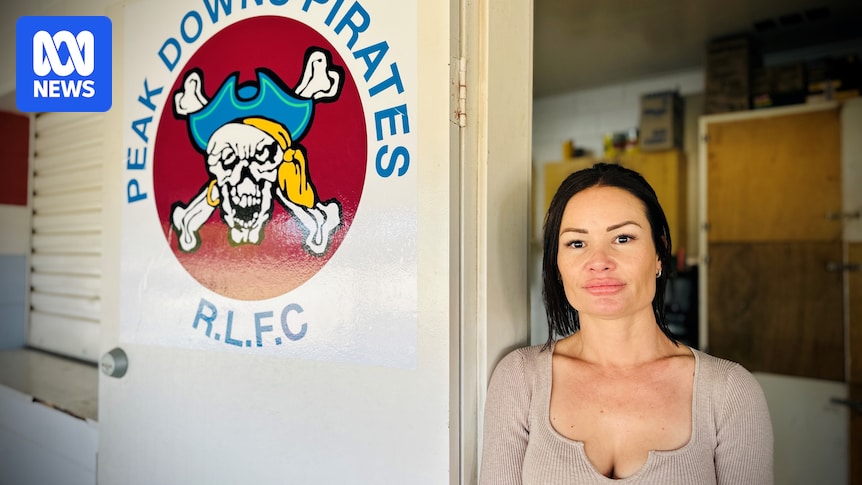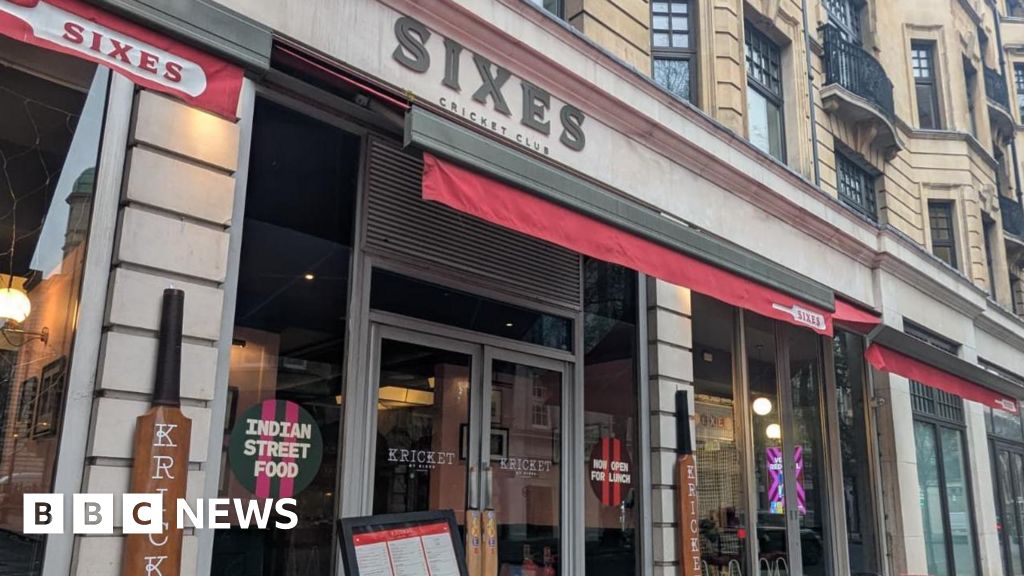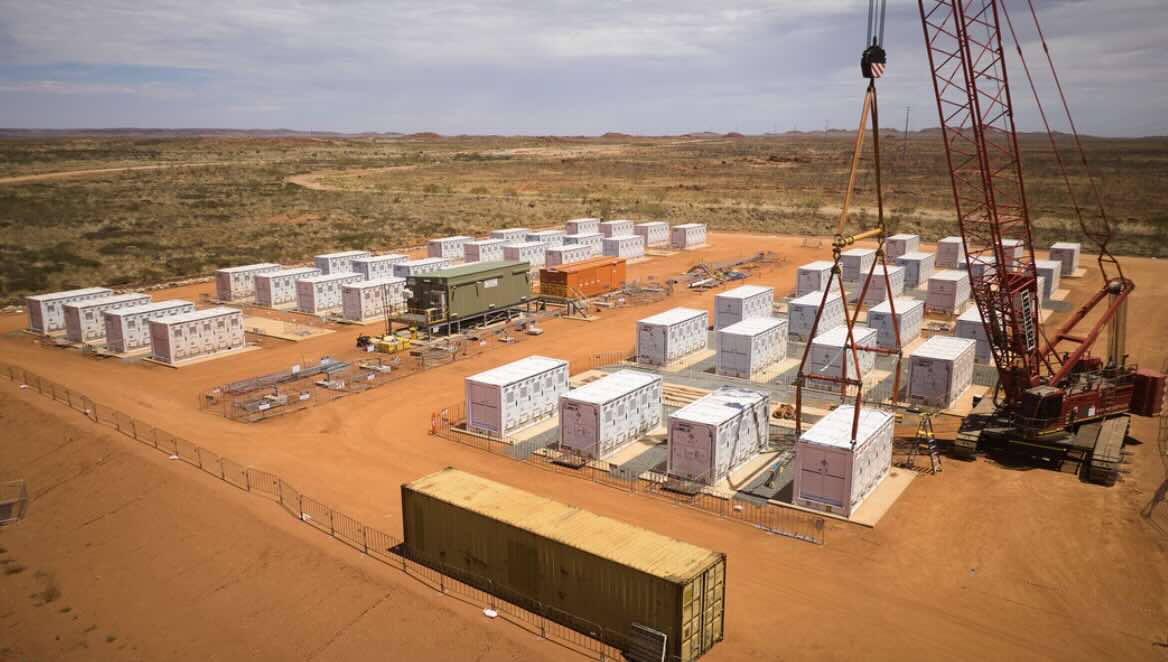
It’s a quiet Saturday afternoon in Tieri, a small mining town in central Queensland. The local footy field at Langerak Park, once a bustling hub of community activity, stands empty. The Peak Downs Pirates Rugby League Club, a cornerstone of this 700-person town, has been forced to fold. “I’ve cried and I’m looking at grown men with tears in their eyes,” said Samantha Reinke, a long-serving Pirates committee member, as she surveyed the deserted field from the clubhouse.
The closure of two mines, the prevalence of seven-day work rosters, and a dwindling population have all contributed to this unfortunate outcome. “Everybody looked forward to a home game,” Reinke added, “and a lot of people also followed us to other towns, which can be up to two and a half hours’ drive. That’s all gone now, and there’s nothing else to do, so it’s very demoralizing for the community to lose something like this.”
Impact of FIFO Work
Tieri, located about 900 kilometers northwest of Brisbane, was established in 1983 as a service center for local coal mines. Now, only the Glencore-owned Oaky Creek North Coal Mine remains operational, employing around 800 workers. Despite being one of the most productive underground coal operations in the Bowen Basin, the town’s population continues to decline due to the impacts of fly-in fly-out (FIFO) work.
Half of the mine’s workforce is FIFO, and as the town shrinks, its sporting clubs are disappearing. Once a hive of sporting activity, Tieri has seen the end of touch football, hockey, soccer, gymnastics, indoor cricket, tennis, and lawn bowls. The Pirates are the latest casualty.
“As the years have gone by, and you see it with all the mining communities, especially the small ones like ours, it’s almost impossible to get a full side,” said Reinke.
The disappointment is echoed by club president Mitch Reinke and coach Ben Liddell. “We had over 50 people registered to play this season, which was promising, but with injuries and shift work, it was very challenging,” Mitch Reinke noted. Before the decision to fold, the Pirates could only field five players for their last match. “The town’s got a real thirst for rugby league, and to have to pull the pin was a really hard decision,” Liddell lamented.
Flow-on Effects Felt
Queensland’s Central Highlands, known as the cattle and coal capital of Australia, is experiencing similar issues in neighboring towns like Capella. The race club and bowls club have vanished, while the tennis club struggles to survive. Cathy Murray of the Capella Tennis Club recalls, “Tennis started in about the 1930s here with two ant-bed courts. In 1981, we started night fixtures, and it was every night of the week with 100 people playing, but it slowed down during COVID, and we couldn’t get any tennis players back.”
Efforts to introduce pickleball this year have kept the tennis courts open. “We’ve lost our grocery store, we’ve lost our only doctor, it’s a dying town really,” Murray said.
Andrew Jansen, a karate instructor in the Central Highlands, has also seen participation rates drop. “The bigger hours people are working, quite often we’ll get a phone call to say, ‘We can’t make it, I’m at work still,'” he explained.
Pain of Dwindling Numbers
Researchers note that country clubs and competitions face increasing pressure from fluctuating worker presence, financial strain, population drift, and impacts on rural life. Dean Miller, a senior lecturer in psychology at CQUniversity, emphasized the importance of social sport and sporting clubs in small, close-knit communities. “The engagement in community and getting more people into sports out there can really help the morale and engagement with social circles,” he said.
“Participation in sports-related activities offers significant mental and health benefits for FIFO workers,” Miller added.
The decline of the Pirates is the latest blow to the small mining town. As communities across the country grapple with dwindling numbers and the effects of swing shifts, individuals like Samantha Reinke remain determined to keep their communities alive. “My goal is to create awareness and perhaps get the NRL [National Rugby League] involved more in helping out the smaller communities,” she said. “It would be good to have some sort of incentive for players to come out here and play because it would just boost the town’s morale.”







